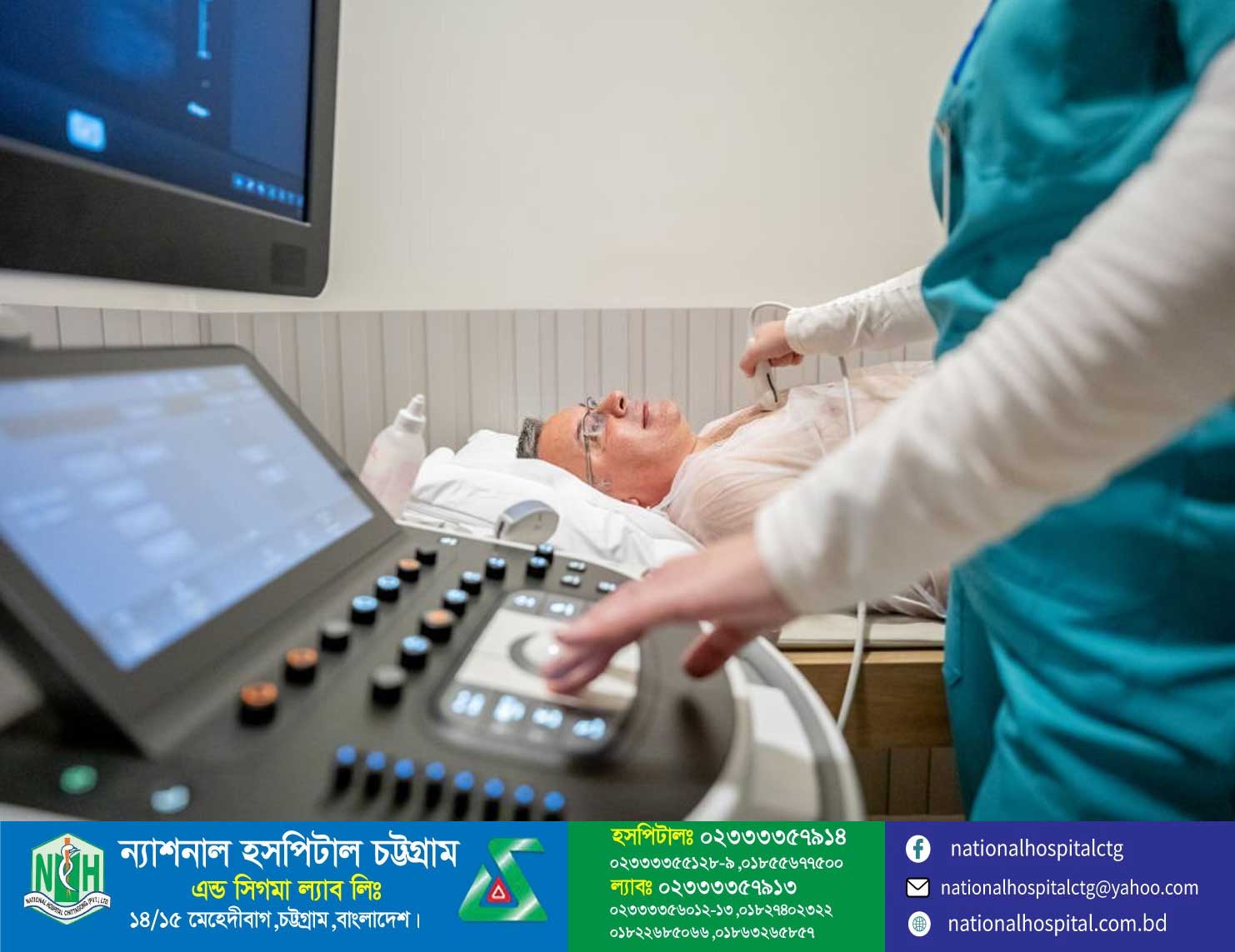Echo Test Price in Bangladesh 2023

Echocardiography, commonly called an Echo test, is a crucial diagnostic tool in cardiology. It is a non-invasive procedure that uses ultrasound technology to produce heart images, enabling healthcare professionals to diagnose and monitor various heart conditions. In Bangladesh, where healthcare accessibility and affordability are paramount, understanding the types of Echo tests and their associated costs is vital for informed healthcare decisions.
Echo Test Prices in Bangladesh
Echo tests come in different types, each serving specific diagnostic purposes. Here are the most common Echo test types and their approximate prices in Bangladesh:
Echo Test | Price Range |
|---|---|
2D Echo | 1000 to 1500 BDT |
Echo Color Doppler | 2200 to 3000 BDT |
Echo Color Doppler (Child) | 2500 to 3500 BDT |
Fetal Echocardiography | 3000 to 4000 BDT |
It's important to note that the cost of Echo tests may vary depending on the diagnostic centre, hospital, or healthcare facility. Typically, private hospitals tend to have higher prices compared to government facilities. The echo test is also available at the National Hospital Chattogram & Sigma Lab Ltd. Contact at 01855-677500
An Echo test primarily aims to examine the structure and function of the heart. Doctors may recommend this test if a patient exhibits symptoms such as fainting, shortness of breath, fatigue, or weakness. During the procedure, a probe emits ultrasound waves, which bounce off the heart's structures and are captured and processed to create real-time 2D or 3D images of the heart. The Echo test can also provide valuable insights into the heart's activity under stress. Patients may be asked to perform physical activities to elevate their heart rate, helping doctors assess cardiac function.
Precautions and Formalities in Echo Test
Before undergoing an Echo test, patients generally do not require any specific precautions. Hospitals usually offer custom gowns for patients during the procedure, ensuring comfort and ease of access for the test. It's a good practice for patients to be prepared by bringing along essential documents such as identification, health insurance cards, and a payment method, as they may need to complete paperwork as part of the pre-test formalities. These considerations help streamline the process and ensure a smooth experience for individuals seeking this vital diagnostic evaluation of their heart health.
Limitations of the Echo Test
Echo tests, despite their significant utility, do come with certain limitations. Firstly, they cannot detect blockages within the coronary arteries, vital vessels supplying blood to the heart muscle. If there are concerns about potential blockages or narrowing in these arteries, alternative diagnostic methods, such as cardiac catheterization, may be necessary. Secondly, in cases where patients have thick chest walls, often associated with emphysema, Echo tests may not accurately represent the heart's shape and structure. In such instances, physicians may recommend more specialized tests, such as transesophageal echocardiograms, to obtain clearer and more precise cardiac imaging. Healthcare providers must consider these limitations and choose the most appropriate diagnostic tools for individual patients.
Different Techniques of Echo Tests
Echo tests encompass various techniques tailored to meet the specific needs of patients and provide comprehensive cardiac assessments. Firstly, the Two-Dimensional (2D) Echo Test generates 2D images of the heart, often incorporating multiple timestamps for in-depth analysis. These 2D images can occasionally construct a three-dimensional (3D) representation, offering a more comprehensive view of the heart's structure. Secondly, the Three-Dimensional (3D) Echo Test employs advanced technology to create detailed 3D images of the heart, granting healthcare professionals insights into real-time pumping functions and a complete understanding of cardiac health. Lastly, the Doppler Ultrasound technique aids in visualizing blood flow directions within the heart's veins and arteries. The Color Doppler variant further enhances analysis by highlighting the various directions of blood flow, making it an invaluable tool for assessing cardiac circulation. These diverse Echo test techniques allow healthcare providers to choose the most suitable approach based on individual patient requirements.
Echo tests are invaluable tools for diagnosing and monitoring heart conditions in Bangladesh. Understanding the types of Echo tests available and their associated costs can empower individuals to make informed healthcare choices. While private healthcare centres may offer convenience and accuracy, government facilities can provide more affordable options. Always consult a healthcare professional to determine the most suitable Echo test for your needs.
